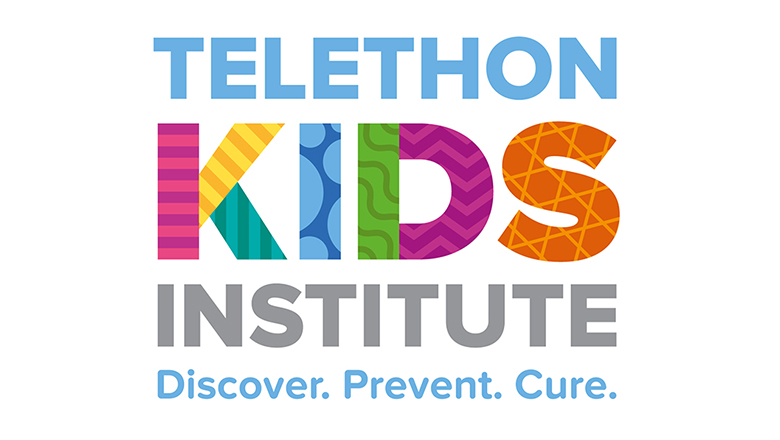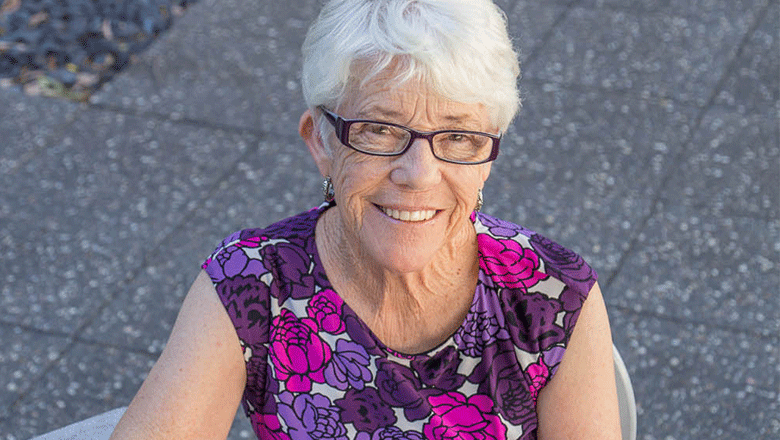Search

News & Events
The Kids Research Institute Australia researchers share in TPCHRF fundingEight The Kids Research Institute Australia researchers are among those who have received grant funding from the Telethon-Perth Children’s Hospital Research Fund (TPCHRF).

News & Events
The Kids welcomes State Government commitment to researchThe Kids Research Institute Australia, has welcomed the State Government's budget commitment to innovation and medical research.

News & Events
Grant to expand innovative consumer involvement programA $3.2 million grant from Lotterywest will allow the highly successful Consumer Involvement Program to be expanded to 18 other WA organisations.
News & Events
New blueprint for child health researchDelivering tangible and measurable improvements to the health and wellbeing of children is at the centre of a bold new blueprint for child health research in WA
Research
Value profile for Malaria vaccines and monoclonal antibodies1Malaria remains a leading cause of morbidity and mortality and is responsible for over 0.5 million annual deaths globally. During the first two decades of this century, scale-up of a range of tools was associated with significant reductions in malaria mortality in the primary risk group, young African children.
Research
“Our kids are our future”: Barriers and facilitators to vaccine uptake and timeliness among Aboriginal children younger than five years in Boorloo (Perth), Western AustraliaRates of several vaccine preventable diseases, and associated hospitalisation, are higher among Aboriginal and/or Torres Strait Islander children than non-Indigenous children. Western Australia has among the lowest childhood vaccine coverage in Australia, particularly among Aboriginal and/or Torres Strait Islander children. Delayed vaccination is also more common in this population. This project aimed to understand the barriers and facilitators to vaccine uptake and timeliness among Aboriginal and/or Torres Strait Islander children aged under five years in Boorloo (Perth).
Research
Age-related differences in trust beliefs during middle childhood: Downward-extension and validation of the general trust scaleThere are conflicting suggestions concerning the developmental trend of trust beliefs during middle childhood. Across three studies, the current research developed a brief measure of child general trust beliefs, as well as child measures of trust in peers and online, and examined age-related differences in these beliefs.
Research
Protocol for the Australian Type 1 Diabetes National Screening Pilot: Assessing the feasibility and acceptability of three general population screening models in childrenOne third of Australian children diagnosed with type 1 diabetes present with life-threatening diabetic ketoacidosis (DKA) at diagnosis. Screening for early-stage, presymptomatic type 1 diabetes, with ongoing follow-up, can substantially reduce this risk (<5% risk). Several screening models are being trialled internationally, without consensus on the optimal approach. This pilot study aims to assess three models for a routine, population-wide screening programme in Australia.
Research
Towards Harmonized Adolescent Health Measurement: Assessing Alignment Between Current Recommendations and the Global Action for Measurement of Adolescent Health–Recommended IndicatorsThis study identified alignment of indicators across different initiatives and data collection instruments as a foundation for future harmonization of adolescent health measurement.
Research
Rationale for use for monoclonal antibody and anti-cytokine therapy for multisystem inflammatory syndrome in children: A systematic reviewObjective: To review systematically the rationale for choice and use of monoclonal antibody and anti-cytokine therapy in multisystem inflammatory syndrome in children.
